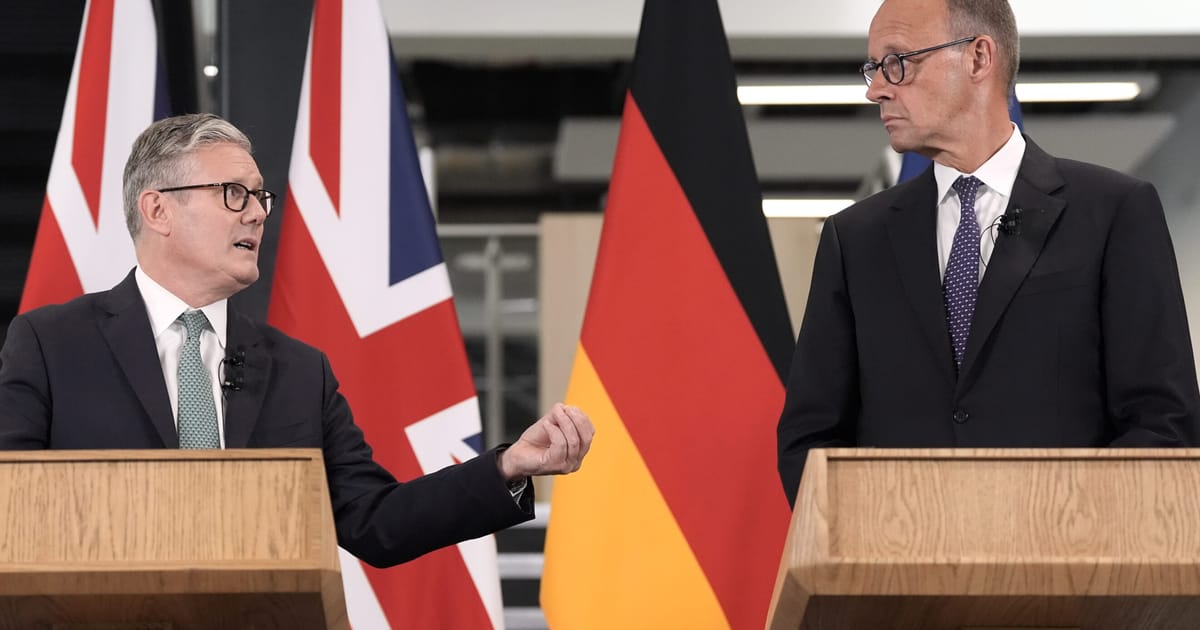

In a world marked by increasing complexity and interconnectedness, recent diplomatic efforts by global leaders signify a deep-seated commitment to resolving enduring conflicts and enhancing mutual cooperation. As the spotlight turns to key international developments, nations are navigating a delicate balance between conflict resolution and economic collaboration.
In a historic display of unity, leaders from the United Kingdom, France, and Germany have issued a joint statement emphasizing the urgent need to bring an end to the ongoing conflict in Gaza. The statement comes amid mounting domestic pressure to address the humanitarian crisis, underscoring the leaders’ resolve to seek diplomatic solutions. French President Emmanuel Macron’s bold decision to recognize Palestine at the upcoming United Nations General Assembly has stirred the geopolitical landscape, pressing countries like the UK and Germany to articulate their stances amidst complex international dynamics.
A different kind of negotiation is taking place between the European Union and the United States, centered around a potential trade agreement. European Commission President Ursula von der Leyen is poised to meet with U.S. President Donald Trump in Scotland, a meeting that could pave the way for the long-anticipated trade deal. Trump’s initial assessment positions the likelihood of an agreement at fifty-fifty, highlighting the intense nature of the negotiations and the looming threat of a significant tariff imposition on EU imports.
As diplomatic dialogues continue, Cambodia has called for an ‘immediate ceasefire’ following deadly clashes with Thailand. With a significant toll on human lives and thousands displaced, Cambodia’s appeal for peace and dialogue is a timely reminder of the importance of historical and cultural ties between the nations. The Cambodian envoy to the United Nations has reiterated the country’s commitment to resolving the dispute through peaceful means, seeking international support to foster stability in the region.
In Europe, as discussions advance on the economic front, the possibility of a new trade deal between the EU and the U.S. presents a unique opportunity to bolster economic growth and deepen transatlantic ties. Meetings between von der Leyen and Trump are indicative of an earnest effort to bridge differences and craft an agreement that could bear mutual benefits. The resolution seeks to address pressing issues such as tariffs and regulatory cooperation, with potential implications for global trade patterns.
As the narrative of diplomacy unfolds, the implications of these developments reach beyond immediate geopolitical boundaries. They embody the global commitment to resolution, collaboration, and progress. The intertwined threads of conflict resolution and economic negotiation reflect a collective journey toward fostering a more harmonious and prosperous global community.
Source: {link}
